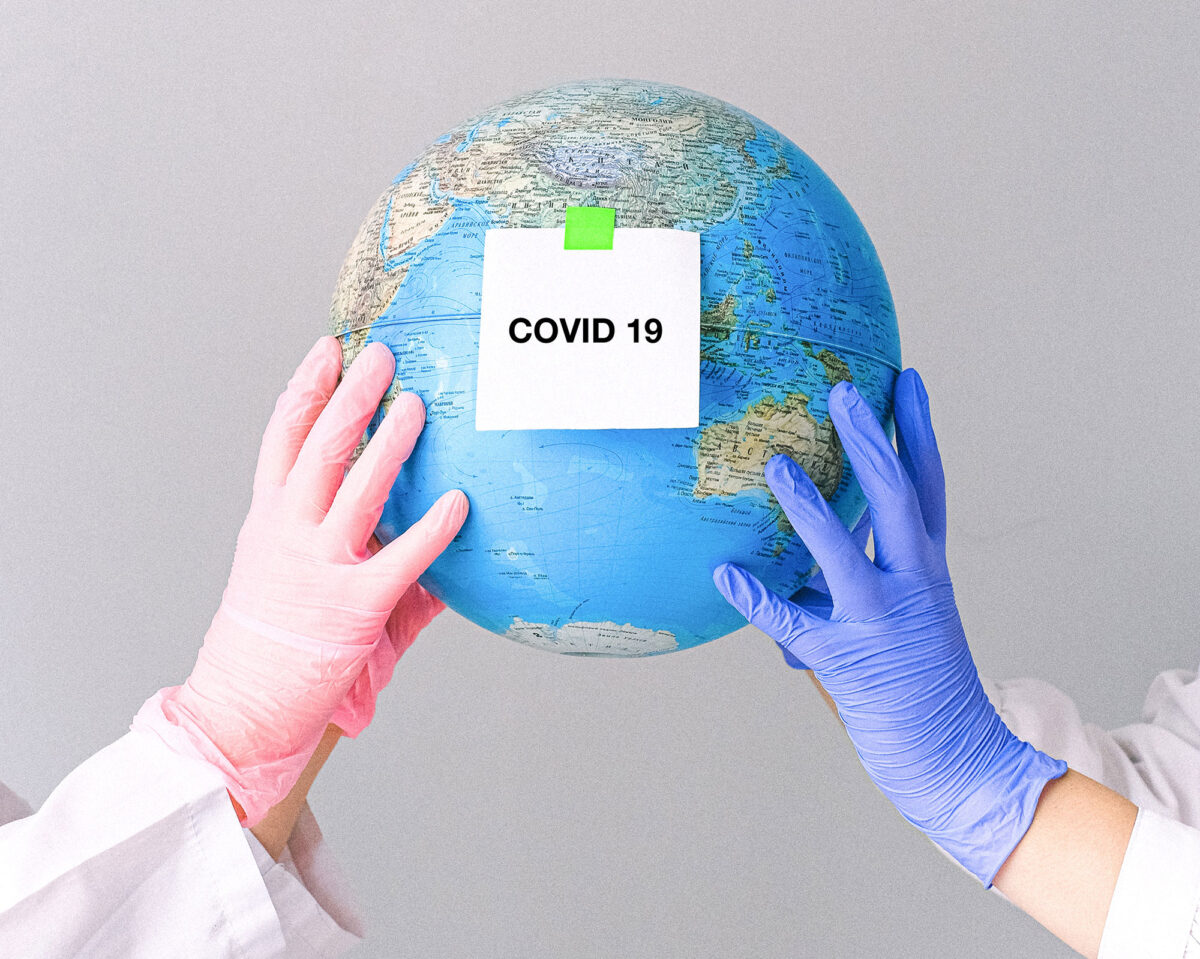Los Angeles
The Covid 19 pandemic has disrupted every part of modern life. Nowhere is this more true than in the market for personal protective equipment. What was once a sleepy backwater in the supply chain, the regular supply of masks, gloves and gowns for medical workers, has now become a gold rush, with all the chaos, profiteering and crime that was present in the old west.
The massive increase in demand for protective equipment everywhere in the world all at once has meant new sources of supply are being created, demand for raw materials has skyrocketed, and legitimate new entrants are working hard to solve these life and death problems. At the same time prices have soared as governments and institutions world-wide have had a massive increase in their needs for PPE as they struggle to contain and manage this deadly pandemic, which at the time of this writing has infected over sixteen million people and killed nearly six hundred and fifty thousand.
If you are an institution in need of protecting your people in this new reality, how do you validate your supplier when they are on the other side of the planet? Going with tried and true suppliers is no longer an option, their capacity has been reached for the next year. To make matters worse, the level of demand has attracted unscrupulous and even criminal elements into the supply chain. How can you sort between a new entrant in the industry and a fraudulent scheme?
JP Morgan has a list of seventeen recommendations for validating and protecting companies sourcing PPE. The problem is in the current environment, where supplies are snapped up in hours and manufacturers are in a position to demand the most favorable terms, there is not time to pursue a sober and diligent vetting process, because if you do the supply you vetted will be gone before you complete the process.
TipTags has been working to provide transparency, trust and cooperation with the Harvard Humanitarian Initiative, NATO, and the US Air Force in conflict zones, accessing on the ground information from local populations in denied areas. In our work in catastrophe management and with insurance companies we have been developing systems to provide real time data for decision makers when conditions on the ground make it difficult to access an accurate picture of current conditions, and at the same time increase the need for data driven insight and action.
The patented system TipTags offers allows users to easily create, preserve and share any kind of data on any kind of map with extreme accuracy. Backend systems sort through data and provide meaning and even predictive analysis. Applying this capability to the problem of verifying and tracking critical supplies in the fight against Covid-19 is a natural fit. Validated and verified highly accurate map-based data means facilities can be validated, orders verified, delivery confirmed, supplies tracked, and acceptance certified in real time on one integrated system, which integrates seamlessly with legacy systems.
Working together with leading suppliers, logistics companies and buyers TipTags is working to provide this much needed transparency platform to the PPE supply chain, as well as to other leaders in the logistics industry.
TipTags is part of the larger IOT revolution in logistics and the supply chain. The “Internet Of Things” includes every-thing, from people to paper, to RFID and GPS sensors, to your “smart” appliance in your kitchen. TipTags brings the human element, the smartest sensor on the planet, the human mind, which not only creates data but also creates meaning from the data it receives. And meaning can only be created by people.
Meaning in the case of sourcing PPE to fight the Covid-19 pandemic means finding high quality goods, verifying shipments, assuring payment and any insurance or finance associated with a shipment, tracking the safe transit of the goods from the manufacturer to the supplier, and making sure the PPE finally is in the hands of the frontline workers who so desperately need it. And ultimately it means preventing disease, saving lives, and getting through this terrible event together, safely.
Photo by Anna Shvets from Pexels
